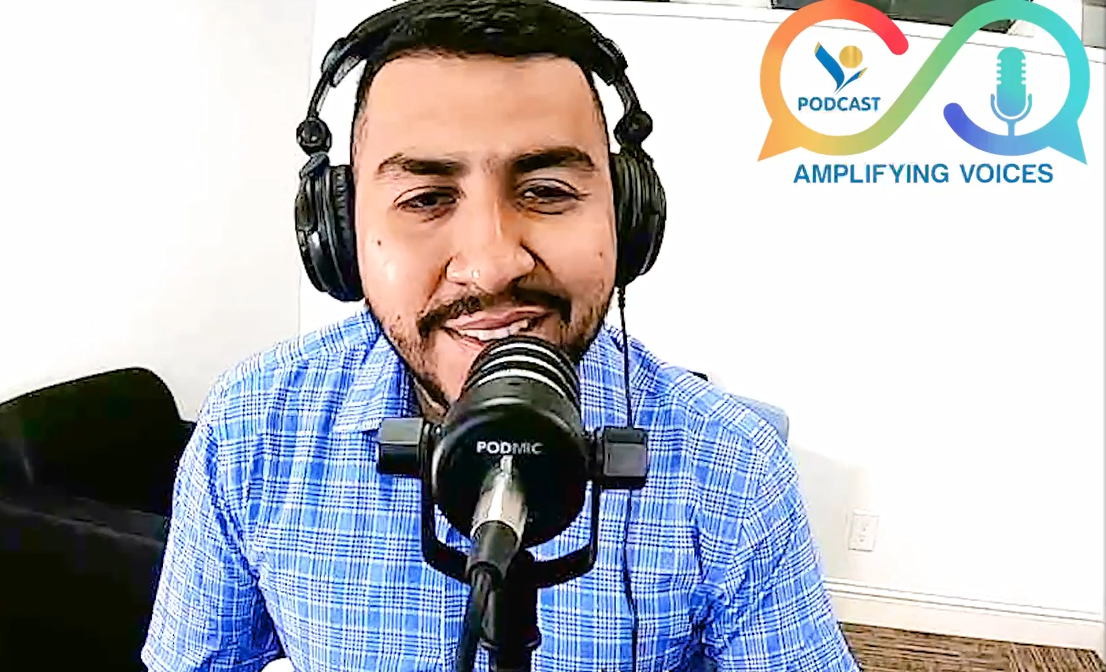Autism Facts to Know
Amplifying Voice Podcast is a means of communication that connects us to the community. This is the first episode as we aim to raise awareness about ASD, learn more about ABA treatment, and be a resource for all families affected by autism. Oscar Silva is the professional with more than 10 years of experience in the clinical area as well as in the educational area, training more BCBA’s, he will tell us what ABA therapies are, what is the role of supervisors? What does a BCBA do? It will explain more about ASD and the most common characteristics. He will also tell us about how we can have these conversations with parents about these topics, in addition to explaining to new professionals in the area how families can be educated, so that they provide the necessary help to children diagnosed with ASD.

Español
Amplifying Voice Podcast, es un medio de comunicación que nos conecta a la comunidad. Este es el primer episodio tenemos como objetivo crear conciencia sobre el TEA, aprender más sobre el tratamiento ABA y ser un recurso para todas las familias afectadas por el autismo. Oscar Silva es el profesional con más de 10 años de experiencia en el área clínica como en el área educativa formando a mas BCBA´s, él nos dirá qué son las terapias ABA, ¿Cuál es el papel de los supervisores? ¿Qué hace un BCBA?, Nos explicará más sobre el TEA y las características más comunes. También nos hablará de cómo podemos tener estas conversaciones con los padres, sobre estos temas, además de explicarles a los nuevos profesionales en el área en cómo se puede educar a las familias, para que brinden la ayuda necesaria a los niños diagnosticados con TEA.